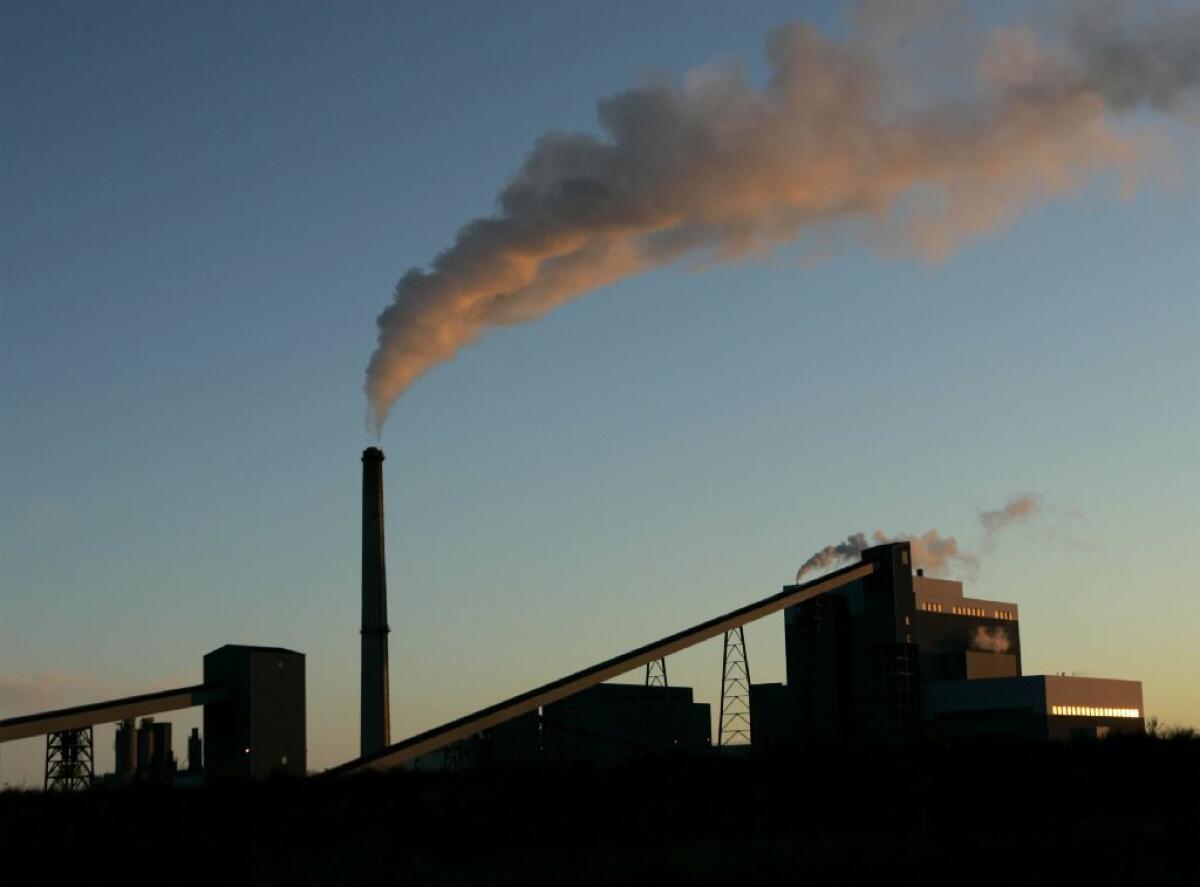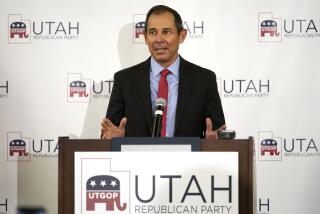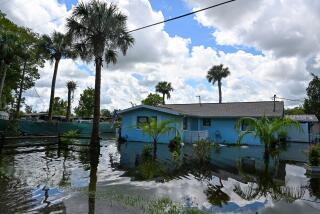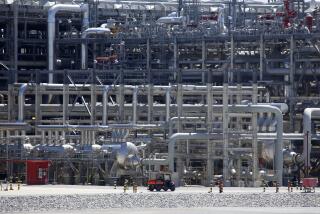Opinion: What will climate change cost? Let’s be honest about our ignorance.

Because President Obama’s plan for fighting climate change — a moderate one, by the way — will involve some hits to the fossil fuel industry, conservatives and climate skeptics have jumped all over it, saying that it will destroy the economy. In response, the administration released a report this week by the president’s Council of Economic Advisers saying that climate change could end up costing the United States $150 billion a year. In addition, it predicted that every decade of delay would increase the cost of fighting global warming by 40%.
There is no doubt, in any well-informed circles, that climate change is going to cost us dearly, in weather catastrophes, rising sea levels, changed growing seasons and a host of other ills. Looking at these unprecedented upheavals, the global cost of climate change will almost certainly outstrip the global price of reducing its effects.
But the president’s effort to put persuasive and fairly specific dollar amounts on the relative costs — especially when he uses national numbers to describe a global situation — might have the opposite effect. It gives skeptics more room to doubt anything and everything about climate change. Using the vague words “could cost” doesn’t absolve the report of seeming to know a future that we can’t know just yet.
Even many staunch climate believers have some concerns about this new report. As the Washington Post reported:
“Robert N. Stavins, director of the Harvard Environmental Economics Program, noted that the damages associated with climate change would be disproportionately borne by developing countries vulnerable to rising sea levels, drought and other impacts, so that the damage to the U.S. economy would be less than $150 billion.”
Even if those numbers were correct, he noted, it would not be accurate to attribute the entire impact to a slowdown in U.S. policy, “because a delay in U.S. action is not going to have an impact that is anywhere close to what would make the difference between the 2 degrees and 3 degrees Celsius global temperature rise.”
We are learning ever-scarier things about climate change, and already feeling its effects in the predictions of extreme weather patterns that have come true in recent years. But what we still don’t know is a lot. I recently spent a week and a half at a remote field station in Arctic Alaska, working with scientists who were involved in various studies about how warming will affect the inland tundra environment. Permafrost, that rock-hard layer of frozen soil, is already thawing in some areas of the Arctic. This is of global concern because, as one scientist is fond of putting it, what happens in the Arctic doesn’t stay in the Arctic. As permafrost thaws, the soil is expected to release carbon that has been locked within its icy matrix, thus contributing to global warming.
But how pervasive will the thaw be and how deep will it go? The permafrost in the central tundra is still frozen, though its temperature has warmed slightly. Thaw would also allow plants to put down deeper roots, growing bigger and thus recapturing more carbon than before. But would that be all of the extra carbon released, most of the carbon or very little? Studies in that region that look at how migrating birds might be affected, and the growth of certain plants, haven’t found any alarming results so far, but the researchers are trying to create conditions that they think will affect this section of the Arctic, because those conditions haven’t occurred so far.
This is one small corner of all that we are trying to piece together, in a world full of unknowns.
There’s already a tendency among climate deniers and skeptics to believe that this is all a conspiracy. Utmost honesty is required, and facts should not be used selectively to achieve a certain conclusion. Climate change is going to cost us and the rest of the world plenty. We need to do what we can to reduce future warming and adapt to the changes that inevitable change is going to bring. But we cannot pretend to know what we do not know.
Follow the Opinion section on Twitter @latimesopinion
More to Read
Start your day right
Sign up for Essential California for news, features and recommendations from the L.A. Times and beyond in your inbox six days a week.
You may occasionally receive promotional content from the Los Angeles Times.







